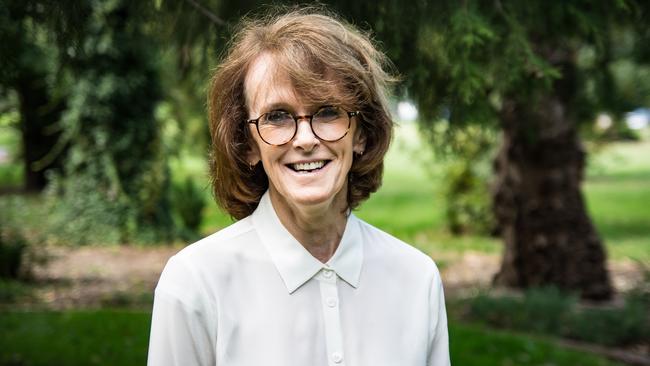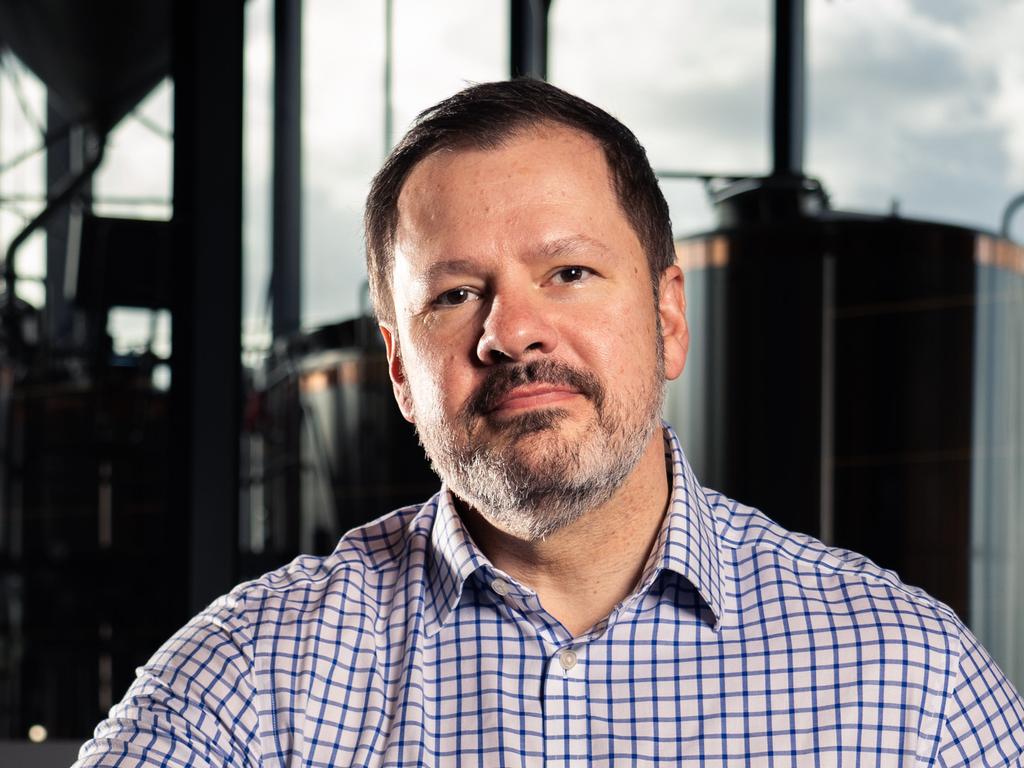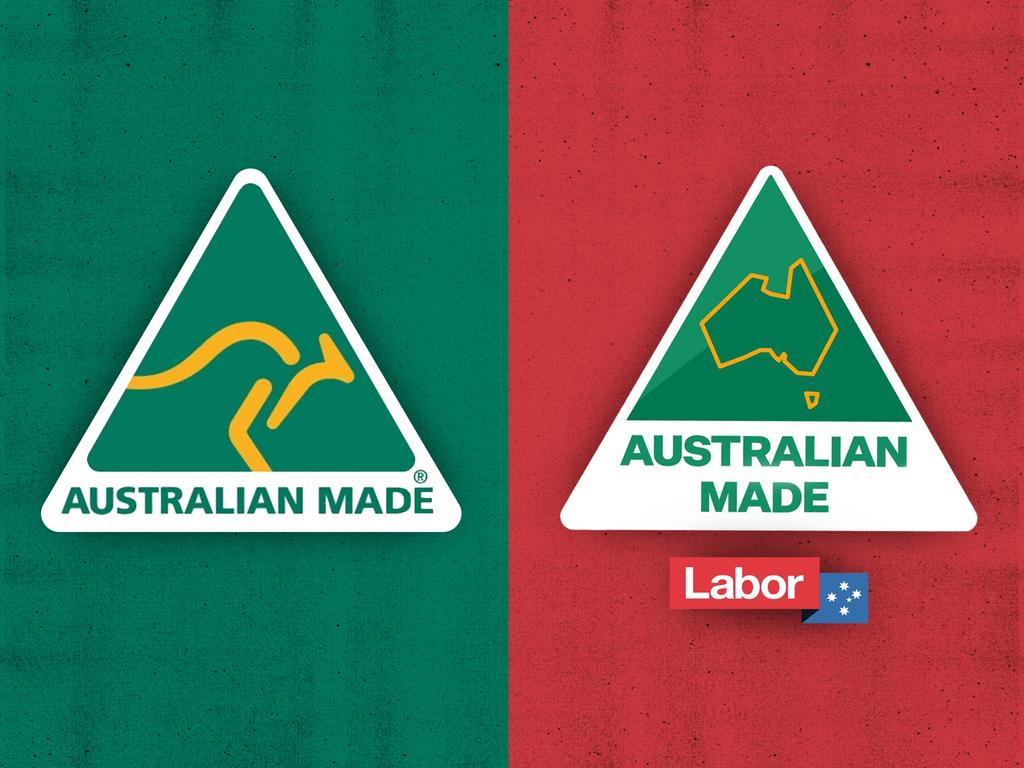Indigenous knowledge, geopolitics at core of future Australian science
The first National Science Statement and Priorities in almost a decade prioritises Indigenous knowledge and Future Made in Australia objectives.
The future of Australian science will prioritise defence and Indigenous outlooks, while aiming to prepare for climate changes, advances in AI and the rising risk of future pandemics, a federal report states.
The Science and Industry Department has released its new federal science objectives, intended to progress commitments like the Future Made in Australia and AUKUS deal.
The National Science Statement and National Science and Research Priorities are a progression on these commitments, with one priority committing local science to “addressing economic, social, geopolitical, defence and national security challenges”.
It also marks the first enshrinement of Indigenous knowledge systems in Australian science, with Science Minister Ed Husic inviting Indigenous groups to provide feedback on the direction of research to which they have a vested interest.
Mr Husic is set to unveil the new priorities and statement at plastic recycling facility Samsara Eco on Monday morning, located at the Australian National University.
It is the first new set of Science and Research Priorities since 2015, and first Science Statement since 2017.
“Thirty-five years ago, Bob Hawke released his National Science Statement establishing the first national Chief Scientist and The National Science and Technology Council. This new statement continues his legacy of elevating science,” Mr Husic said.
“It’s been nearly 10 years since the Abbott Government handed down the last National Science Priorities which were no longer fit for purpose.
“Great ideas of our scientists and researchers lead to great products and great jobs.
“We want science to drive industry growth, creating stronger businesses and more secure, well-paid jobs for Australians.”

Other priorities include funding energy science that furthers the net zero transition, community health and environmental restoration.
The priorities are intended to both signal the direction of federal science funding as well as suggest goals to tertiary and private research groups.
The formation of new science goals began in early 2023 under Chief Scientist Cathy Foley.
Dr Foley led national consultations with researchers and communities. A draft was released in September.
“I found a remarkable consensus among the Australians I met around the country during the national conversation to develop these priorities,” Dr Foley said.
“It’s fantastic to know that Australians share this ambition for the country we want to be – one that protects our unique environment, moves quickly to clean energy in a way that creates new industries and maintains prosperity, ensures everyone has access to advanced healthcare no matter where they live, and protects the strength of our democracy.
“Australians also want Indigenous knowledge and knowledge systems at the centre of all we do.”







To join the conversation, please log in. Don't have an account? Register
Join the conversation, you are commenting as Logout